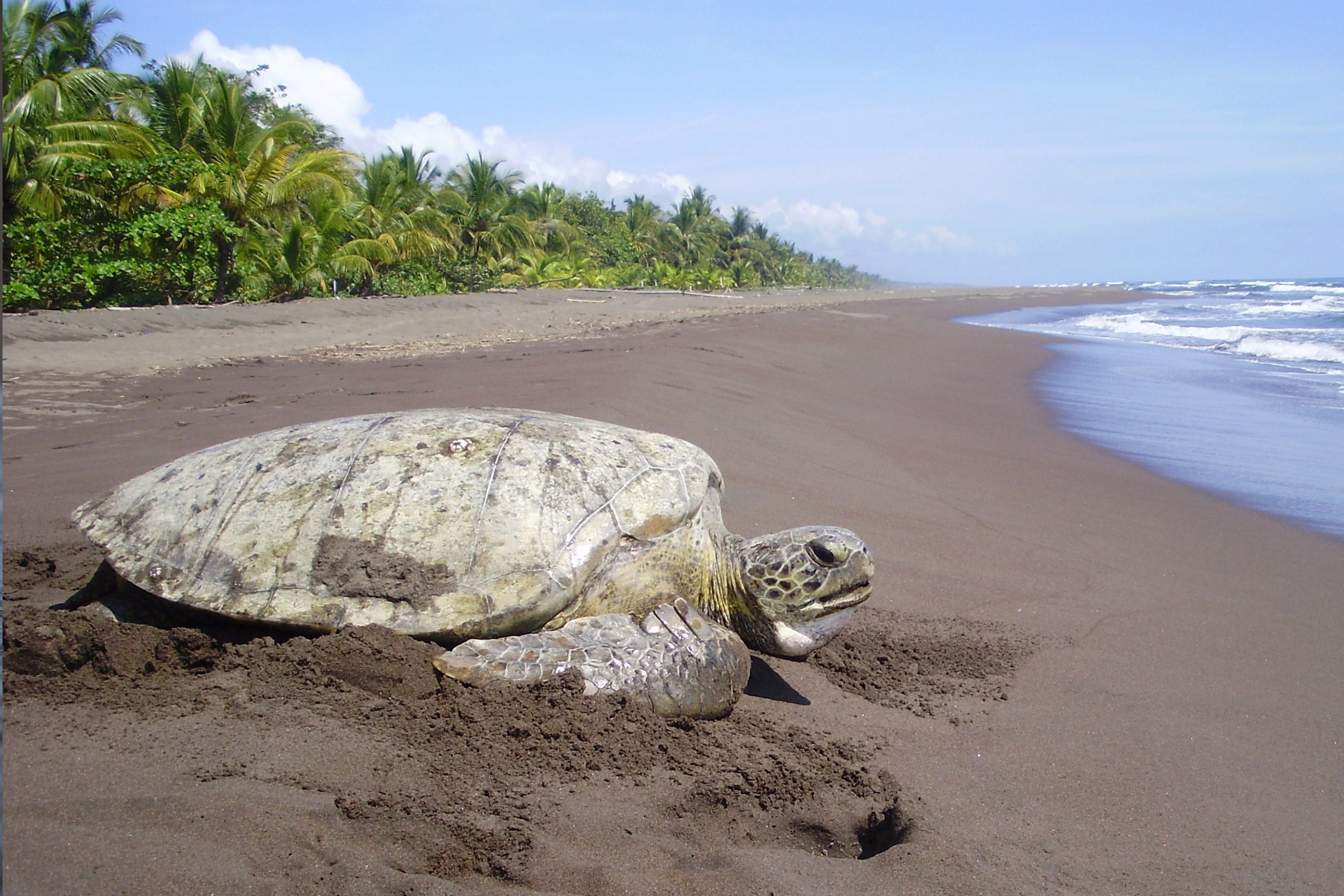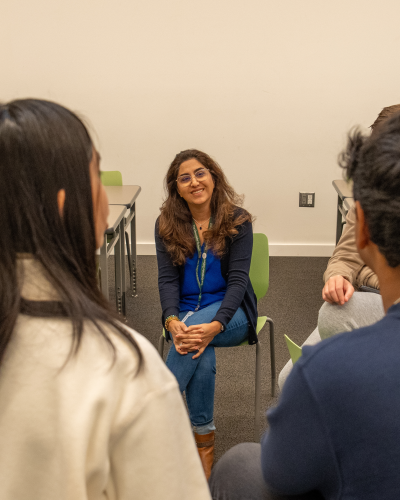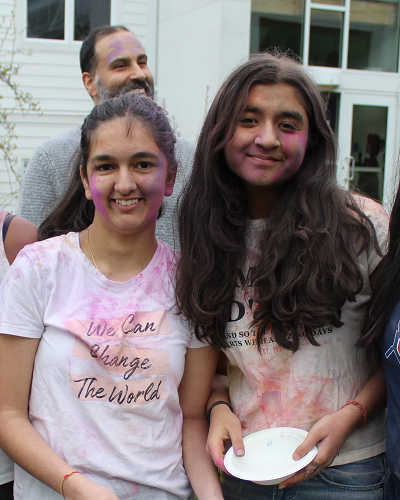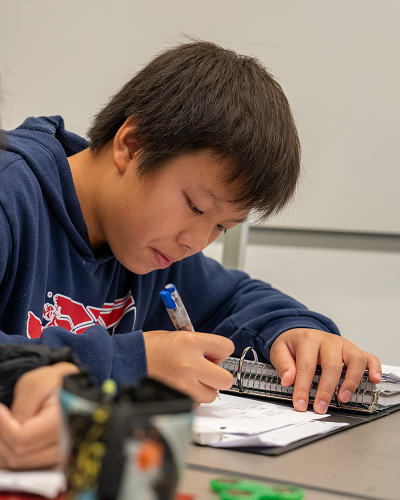Costa Rica Ecology

OVERVIEW
Students will travel to Costa Rica’s Pacuare Reserve—a working field research station stewarded by Ecology Project International (EPI). Founded in 2001, EPI is a nonprofit organization whose mission is to “inspire youth with nature and empower them with science.”
Staying on the Pacuare Reserve and working with two EPI instructors assigned to our group, students will conduct research and collect field data related to EPI’s leatherback sea turtle monitoring program. Students will also explore the biodiversity of the ecosystem on guided hikes with EPI instructors and Pacuare Reserve staff as well as help care for the Reserve as needed.
Please note: students are required to pre-apply to international travel Project Week programs prior to the regular Project Week selection process.
ACCOMMODATIONS
On the first and last nights, students will stay in a hotel near San José. For the rest of the program, students will stay in bunkhouses on the Pacuare Reserve. Bunkhouse assignments will be split up by genders. Overlake and EPI will ensure that transgender and nonbinary students have sleeping arrangements they are comfortable with. The bunkhouses come with bedding and mosquito nets. They do not have light, wifi, switches for charging electronics, fans or air conditioning in the rooms, hot water, or individual private baths or showers. There is a bathhouse on site with individual stalls.
ROUGH DAILY ITINERARY
- Day 1: Arrive in Costa Rica • Get acquainted with on-site instructor team • Stay at hotel outside of San José
- Days 2-5:
- Monitor leatherback sea turtles
- Learn about sea turtle biology, rainforest ecology, and conservation issues that impact Costa Rica
- Explore the wildlife of lowland tropical ecosystems
- Collect data on nesting sea turtles during a nightly census
- Restore turtle nesting habitat on the beach
- Days 6-7:
- Explore the rainforest and identify some of Costa Rica’s stunning bird species
- Explore nocturnal species on a night hike
- Day 8:
- Leave the Reserve and see a bit more of Costa Rica
- Engage in an outdoor adventure or challenge
- Day 9:
- Depart from San José international airport
CONSIDERATIONS:
- Students will take a boat ride from the mainland to the Reserve.
- Students need to be comfortable hiking on trails in the Reserve.
- Students may do guided nighttime beach research so must have a willingness to engage in that work.
- EPI requires students to check their phones, watches, and other electronics in a secure storage site in San Jose. Students will pick up their electronics at the end of the trip. Parents and guardians should not expect to have daily cell phone communication with their students.
- Students need a current passport valid for international travel.
Students can get optional undergraduate college credit for this course through the University of Montana for the EPI course. Students will need to register directly through UM by March 7th. They will register for the "9-day three credit section of the course". The credit fee, $155, will be paid directly to UM at the time of registration. All information entered into the UM system needs to be the student information. Parents/guardians should not enter their own information since the student will be the one receiving the credit.
Project Week (2024-25)
Mar 24, 2025 - Mar 28, 2025



